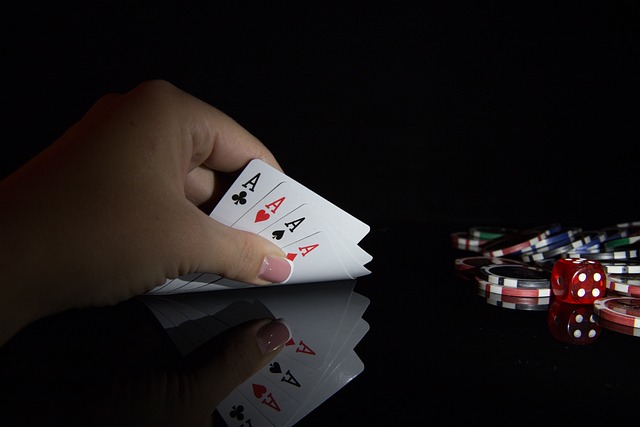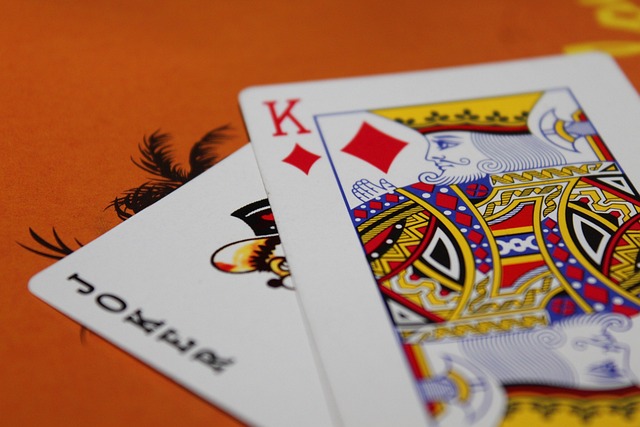Gambling is one of the oldest forms of entertainment known to humanity. From prehistoric dice made of bones to today’s sophisticated online slot machines, the evolution of gambling reflects changes in technology, culture, and economics over thousands of years.
In this article, we’ll trace the history of gambling, highlighting its transformation from early civilizations to the highly advanced digital platforms of today. Understanding where gambling came from offers insights into how it became a global industry worth billions.
Gambling in Ancient Civilizations
The earliest known evidence of gambling dates back to around 3000 BCE, when ancient Mesopotamians used six-sided dice carved from animal bones. These dice weren’t just toys—they were used in rudimentary gambling activities that would feel familiar even today.
Ancient highlights:
- China (2300 BCE): The Chinese played early lottery-style games, which some scholars believe helped fund state projects.
- Egypt and Greece: Archaeological finds suggest both civilizations engaged in dice games and used game boards for wagering.
- Rome: Gambling was widespread among Roman citizens, particularly during festivals and public events. Soldiers played dice, and betting on gladiator matches was common.
Though gambling was often regulated or banned, it persisted underground and grew stronger with each empire.
The Middle Ages to the Birth of Modern Casinos

During the Middle Ages, gambling continued across Europe and Asia. Card games—originating in China—made their way through trade routes into the Middle East and eventually Europe, where they evolved into early forms of poker and baccarat.
By the 1600s:
- Lotteries became government-sanctioned ways to raise funds.
- Gambling houses began to emerge across Italy and France.
- The Ridotto, established in Venice in 1638, is considered the first official casino.
As gambling moved into organized spaces, it began to shed its outlaw image and gain popularity among the upper classes.
Gambling in the 19th and 20th Centuries
The 1800s saw a major shift as gambling spread to North America, particularly through riverboat casinos along the Mississippi and gambling saloons in the American West. Poker rose to prominence, becoming a staple of American gambling culture.
In 1891, the first mechanical slot machine was developed by Sittman and Pitt in New York. A few years later, Charles Fey’s Liberty Bell introduced automatic payouts and began the slot machine revolution.
By the mid-1900s:
- Las Vegas became the epicenter of legal casino gambling in the U.S.
- Monte Carlo, Monaco, and other European hubs gained international fame.
- State-run lotteries and horse racing became prominent legal options worldwide.
Technology and regulation continued to shape the gambling landscape through the century.
The Rise of Online and Digital Gambling

The late 1990s and early 2000s marked the digital gambling revolution. With the rise of the internet came the first online casinos, allowing players to wager from home. This changed everything.
Key developments:
- 1994: Antigua and Barbuda passed the Free Trade & Processing Act, allowing licenses for online casinos.
- 1996: InterCasino became one of the first online gambling platforms.
- 2000s–2010s: Mobile gaming, live dealer games, and advanced slot features took off.
- 2020s: VR casinos, crypto gambling, and blockchain-based provably fair games began gaining popularity.
Today, gambling is a multi-billion-dollar global industry, with players accessing thousands of casino games from smartphones, tablets, and VR headsets.
Final Thoughts: From Dice to Digital
The history of gambling shows that while technologies and formats change, the core appeal—risk, reward, and entertainment—remains the same. What began as simple games of chance in ancient civilizations has evolved into a high-tech global pastime, offering immersive experiences and instant access around the world.
As innovation continues, the future of gambling may involve augmented reality, AI-based personalization, and decentralized platforms, but its roots will always be in humanity’s age-old love for the thrill of the game.
